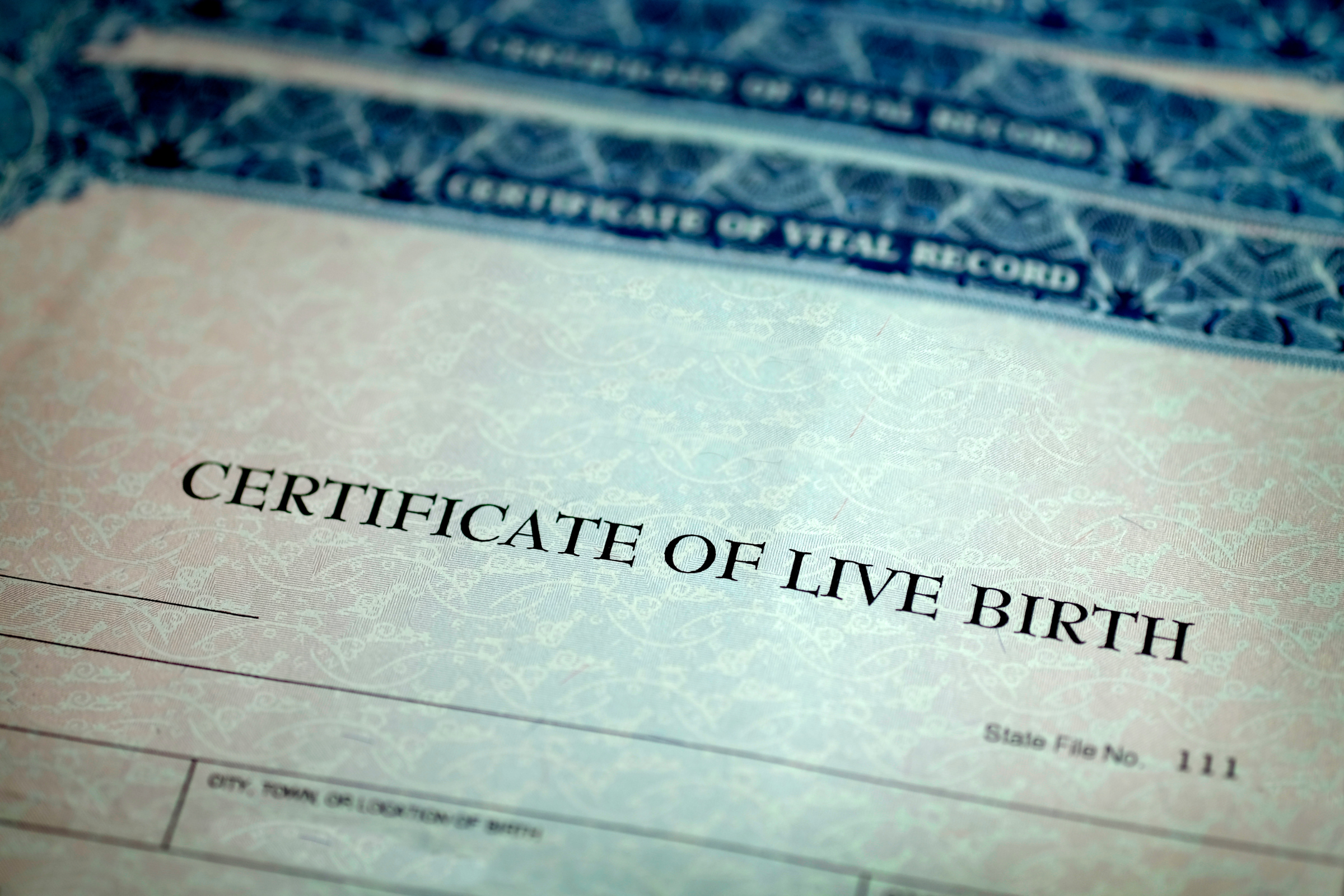North Carolina General Statute § 130A-101 establishes the rules regarding birth registration of a child in North Carolina. Sections (a)-(d) explain the requirements for registering the birth certificate with the local registrar when the child is born in different places. These sections also provide the timeline within which you must file the certificate. Sections (e) and (f) lay out the rules regarding the paternal right to sign the birth certificate if the mother of the child is married or unmarried.
Who has paternal rights to sign the birth certificate if the mother is married?
Section (e) explains the requirements for signing the birth certificate when the mother of the child is married. The section of the statute states that if the mother was married at the time of conception, at the time of the birth, or at any time between conception & birth, then the husband of the mother shall be entered onto the birth certificate as the father of the child. This applies even if there is a putative father (another man who contends that he is the biological father of the baby). Further, because the husband is entered on the birth certificate as the father, the husband’s surname (last name) will be the baby’s surname. If the husband and mother otherwise agree on a different surname, that surname may be entered onto the certificate as the baby’s surname.
However, there are exceptions to this rule. If either exception applies, the putative father may be entered onto the birth certificate as the baby’s father. The first exception is if paternity has been otherwise determined by a court of competent jurisdiction. The second exception is if the mother, husband, and putative father all complete an affidavit that acknowledges the paternity of the child. This affidavit must contain a sworn statement from all three involved parties, consenting to the assertion of paternity by the putative father and stating that they believe the putative father is the natural father of the child. Further, the affidavit must plainly state and explain the effect of completing and signing the affidavit. It must also contain the social security numbers of all three involved parties and contain the results of a DNA test that confirms that the putative father is, in fact, the father of the child. An affidavit that does not contain any of the previously explained requirements is not valid.
Who has paternal rights to sign the birth certificate if the mother is not married?
Section (f) explains the requirements for signing the birth certificate when the mother of the child is not married. If the mother of the child was not married at any point between conception and birth of the child, no name shall be entered as the father on the birth certificate unless the mother and the putative father complete an affidavit that acknowledges the paternity of the child. This affidavit must contain a sworn statement from the mother asserting that (1) she consents to the putative father’s assertion of paternity, (2) the putative father is the father of the child, and (3) that she was unmarried at all times between conception and birth of the child. Further, the affidavit must contain a sworn statement from the father as well, stating that he believes he is the biological father of the child. Finally, the affidavit must plainly state and explain the effect of completing and signing the affidavit and must contain the social security numbers of both parents. After completion of this affidavit, the father shall be listed on the birth certificate as the father and both the affidavit and birth certificate must be filed with the registrar.
King Law Offices has over 20 years of custody experience. We want to ensure that your parental rights are not violated. We understand how terrifying it must be to potentially loose the custody of your children. The attorneys at King Law Offices have worked on hundreds of custody cases, fighting for parents to keep the custody of their children. The attorneys here understand the law and how to prove that custody being with you is in the best interest of the child. Call King Law Offices at 888-748-KING (5464) to schedule a consultation with an attorney today. Protect your parental rights and your child’s rights.


